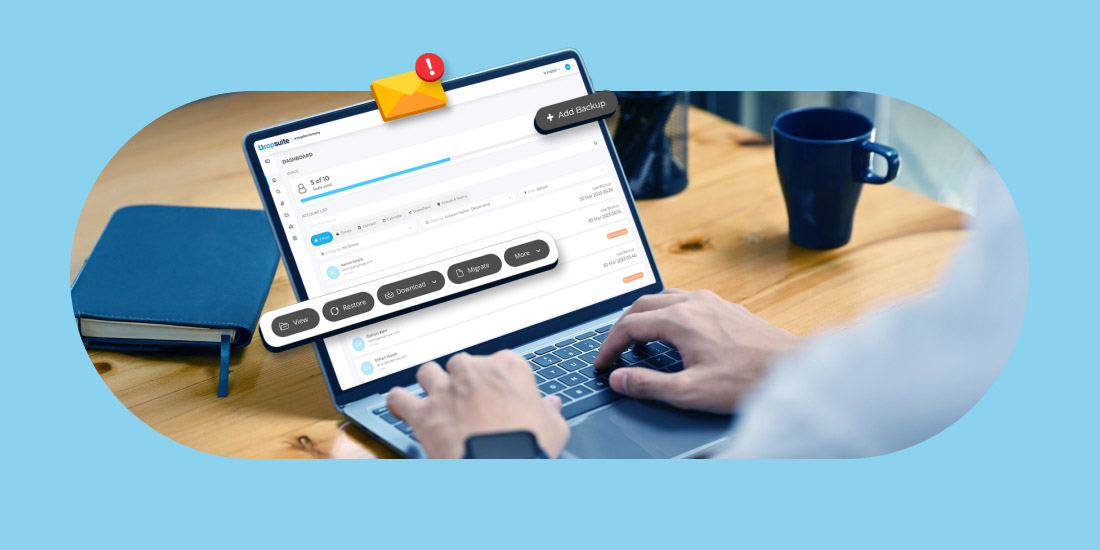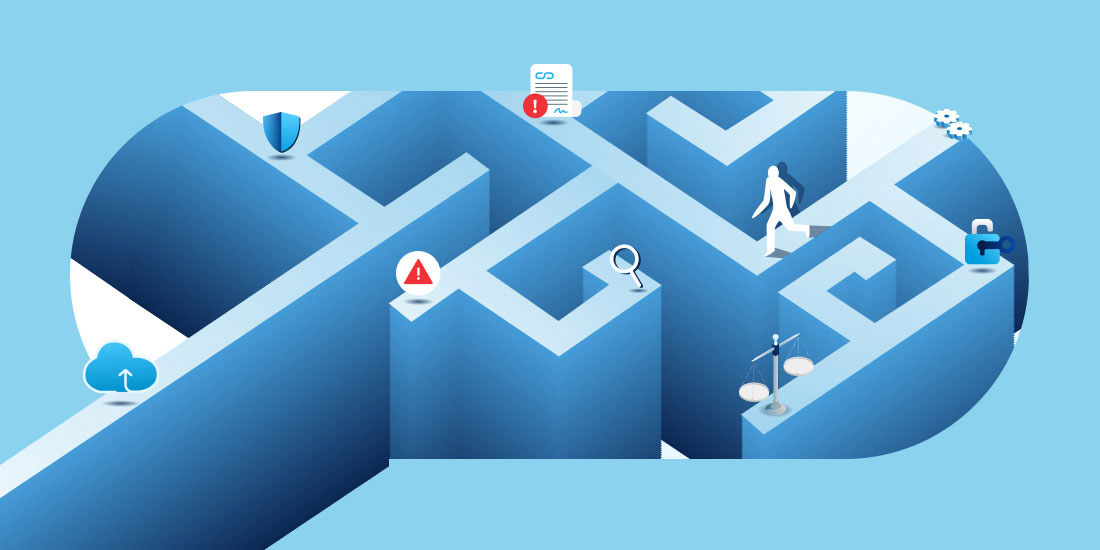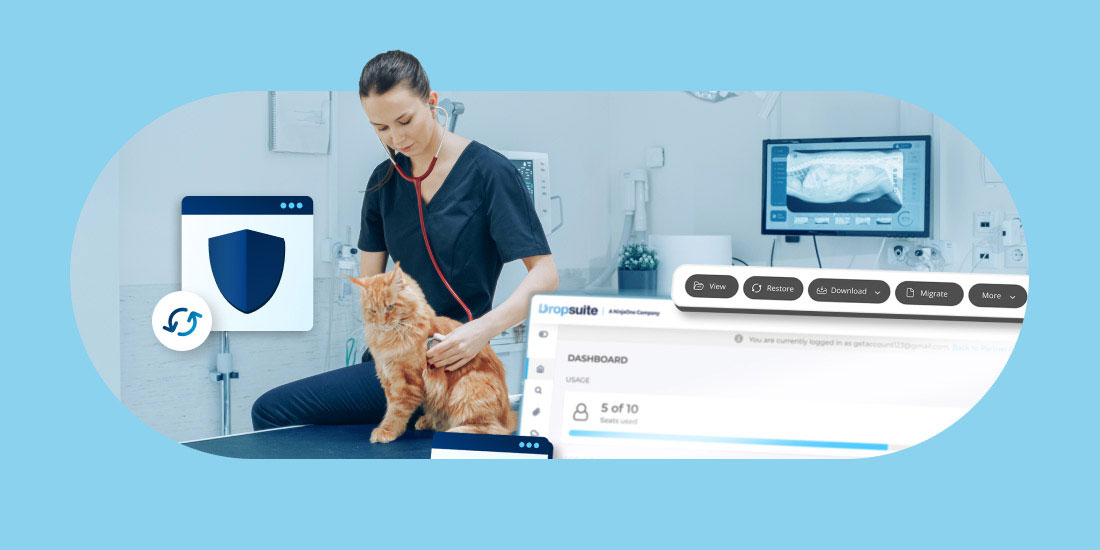Estimated Reading Time: 3 Minutes
Cyberattacks are no longer a question of “if”, they are a matter of “when”. In this context, safeguarding infrastructure and organizational resiliency in dealing with cybersecurity is vital. The European Union (EU) recognized this urgency and introduced the NIS Directive, cybersecurity legislation aimed at enhancing resilience and response capabilities across essential sectors.
As a trusted managed service provider (MSP) or reseller serving clients in the EU, you will be expected to offer solutions that ensure their compliance with the new directive.
Understanding the NIS2 Directive
Origins and evolution
The journey began in 2016 when the European Parliament adopted the Network and Information Security (NIS) Directive, which sought to harmonize cybersecurity rules, improve incident response, and elevate overall security standards for critical suppliers within the EU.
Fast forward to today, the landscape has transformed, creating the need for a more robust and comprehensive approach to cybersecurity – enter the NIS2 Directive, an expansion of the original NIS Directive. Let’s delve into its key aspects:
1. Closing the gaps
The original NIS Directive left room for interpretation, leading to inconsistent security practices. NIS2 steps in to fix that and now requires essential suppliers to follow specific cybersecurity guidelines. These include having solid backup and archiving strategies, so data stays secure even during cyber-attacks. MSPs also need to up their game with more advanced security measures, like robust reporting capabilities and well-thought-out response plans for different scenarios.
2. Expanding the scope
3. Reporting and cooperation
Essential and important entities must have processes in place for prompt reporting of security incidents with significant impact on their service provision or clients. As an MSP, you must report major cybersecurity incidents within a specified timeframe, or you may be subject to penalties. Additionally, the directive establishes mechanisms for effective cooperation among member states, promoting a unified cybersecurity front.
4. Enforcement and sanctions
Failure to comply with the NIS2 Directive will result in specific penalties for MSPs, including:
- Non-monetary remedies
- Administrative fines
- Criminal sanctions
This framework encourages proactive risk management and accountability. The penalties can be imposed on essential and important entities for infractions such as failure to meet security requirements and failure to report incidents.
Who does the NIS2 Directive apply to?
NIS2 affects all entities delivering essential or important services within the European economy and society. As an MSP, if your clients’ organizations fall into one of these categories, they must adhere to NIS2 guidelines.

Figure 1 Source: https://nis2directive.eu/who-are-affected-by-nis2/
Along with expanding the sectors affected, NIS2 also introduced a size threshold to clarify which businesses are required to comply. For Essential Entities, the size threshold is approximately 250 employees with an annual revenue of €50 million and for Important Entities, it is approximately 50 employees with an annual revenue of €10 million. This means NIS2 now applies to SMBs.
NIS 2 timeline
These dates track the evolution of the NIS2 Directive and ongoing review efforts for the future:
July 2016: The European Parliament adopted the Network and Information Security Directive.
May 2018: The NIS Directive imposed an obligation on EU Member States to transpose the NIS Directive into national law before this date.
December 2022: The NIS2 Directive is published in the Official Journal of the European Union as Directive (EU) 2022/2555.
January 2023: NIS2 comes into force.
October 17, 2024: EU Member States must transpose the NIS 2 Directive into their national legislation, and the transposition laws shall apply from 18 October 2024. On the same date, the NIS Directive will be repealed.
Post-October 17, 2024: EU authorities will continue to carry out regular work to review and cement aspects of the Directive, such as establishing a list of the Essential and Important entities by Member States.
NIS2 requirements and the importance of backup + recovery
The NIS2 Organizational Requirements fall into four main categories: risk management, corporate accountability, reporting obligations, and business continuity.
Among the 10 minimum mandated measures, NIS2 necessitates the implementation of robust backup and recovery mechanisms to safeguard critical data and maintain operational continuity in the face of cyber threats.
Key backup requirements include:
Regular backups: Organizations must perform regular backups of essential systems and data to ensure they can be restored in the event of a cyber incident.
Secure storage: Backup copies must be stored securely to prevent unauthorized access or tampering, utilizing encryption and access controls.
Rapid recovery capabilities: Organizations must possess the capability to recover critical systems and data rapidly to minimize downtime and mitigate the impact of cyber incidents on business operations.
Compliance with data protection regulations: Backup solutions must adhere to data protection regulations such as the General Data Protection Regulation (GDPR) to ensure the privacy and security of personal data.
How Dropsuite helps you comply with the NIS2 Directive
Dropsuite’s backup and archiving solutions are engineered to adhere to GDPR and NIS2 requirements, helping organizations streamline, achieve, and maintain compliance.
Secure Backups: Dropsuite utilizes industry-standard encryption protocols to safeguard your data at rest and in transit. This ensures the confidentiality and integrity of your data.
Automated Backups: Our solution automates backups, eliminating the risk of human error and ensuring consistent data protection. This simplifies compliance by removing the burden of manual backups and scheduling.
Scalable and Reliable Infrastructure: Dropsuite leverages secure and reliable cloud infrastructure to store your backed-up data. This ensures scalability to accommodate your organization’s growing needs and guarantees the availability of your data in case of disruptions at your primary location.
Granular Recovery Options: Dropsuite enables granular recovery of emails, folders, or entire mailboxes. This allows you to retrieve specific data quickly and efficiently in the event of an incident, minimizing disruption to your operations.
Want to learn more about how Dropsuite can help you meet NIS2 Directive requirements? Reach out to us today.






